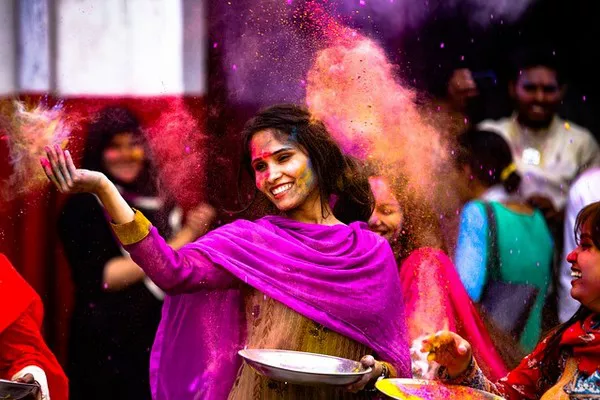As holidays often emphasize festivities and communal gatherings, experts suggest there are intrinsic health benefits in reflecting on the deeper significance of these celebrations.
Eid al-Adha, a three-day festival starting this year on Sunday as per the lunar calendar, commemorates the Quranic tale of Ibrahim (Abraham) receiving a divine directive to sacrifice his son as a testament of obedience to God. The narrative transcends religious boundaries, resonating in both Christian and Jewish scriptures.
Traditionally, the holiday begins with well-wishing messages of “Eid Mubarak” among Muslims worldwide, signifying a blessed feast. Families typically commence with a special morning prayer at local mosques, followed by festive meals and exchanges of gifts or money. For some, it includes the Hajj pilgrimage to Mecca, visiting sites integral to Ibrahim’s tale.
Central to Eid al-Adha is the practice of udhiya or qurbani—sacrificing livestock and sharing the meat with loved ones and those in need. According to Dr. Yasmine Saad, a clinical psychologist, these acts of charity and faith underscore the values of mindfulness, promoting mental and emotional well-being through selflessness.
Dr. Rania Awaad, from the Stanford Muslim Mental Health & Islamic Psychology lab, emphasizes that the holiday’s rituals encourage mindfulness by fostering resilience and spiritual growth amidst life’s challenges. Reflecting on Abraham’s steadfastness in adversity, Muslims find inspiration to navigate their own trials with faith and patience.
The tradition of Abraham’s wife seeking water for their child in the desert, leading to the emergence of Zamzam well, embodies perseverance and trust in divine providence. It serves as a reminder to trust the process and persist in one’s endeavors, resonating as a metaphor for overcoming personal hardships.
Furthermore, the act of giving—integral to qurbani—extends beyond mere charity to nurturing a sense of purpose and interconnectedness within communities. Saad suggests that regular acts of giving, whether through volunteering or donations, enrich one’s life with a profound sense of fulfillment and purpose.
Psychiatrist Dr. David Spiegel underscores the importance of social connections fostered during Eid, highlighting their role in mitigating stress and enhancing overall well-being. By participating in communal celebrations and reaching out to expand social networks, individuals can experience positive impacts on their mental and physical health.
Ultimately, while not everyone may embark on the Hajj pilgrimage, Eid al-Adha encourages individuals to find personal fulfillment in activities that nourish the soul and promote a mindful approach to daily life. Whether through acts of kindness, connecting with community, or pursuing personal growth, the essence of Eid al-Adha resonates in its universal message of mindfulness and compassion.

